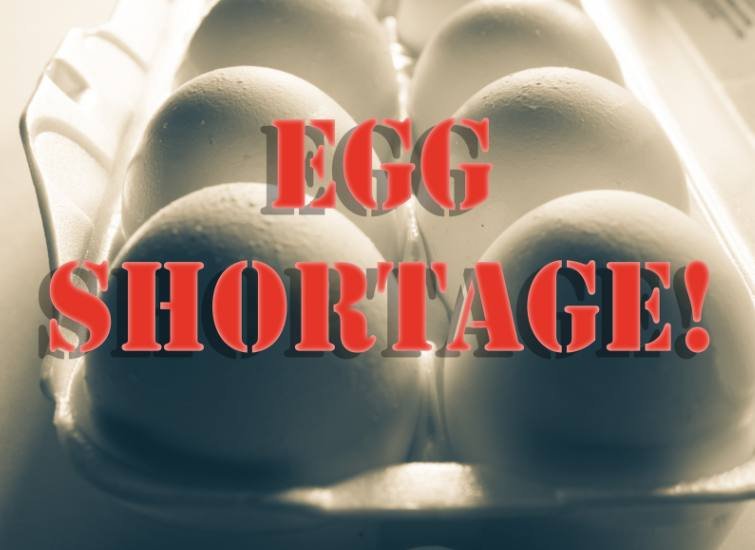The recent egg shortage has been a cause of concern for consumers and retailers alike. Several factors contribute to this situation, which is impacting the availability and cost of eggs.
Factors Contributing to the Egg Shortage
1. Avian Flu Epidemic
A major reason for the egg shortage is the outbreak of bird flu, or avian influenza. This highly contagious and deadly virus has significantly impacted poultry populations. The avian flu epidemic has led to the culling of many birds to prevent the spread of the disease, thus reducing egg production .
2. Rising Costs of Poultry Supplies
Inflation and the increased cost of supplies needed to feed chickens have also contributed to the egg shortage. The higher expenses for feed and other essentials are making it more challenging for poultry farmers to maintain their flocks at a sustainable level..
3. Energy Costs
The rising energy costs have added another layer of difficulty for egg producers. Higher energy prices affect the overall cost of maintaining poultry farms, which in turn impacts the production and pricing of eggs .
4. Scaling Back in the Industry
There has been a general scaling back in the UK egg industry, with fears that these challenges could continue to affect egg production and supply in the coming months.
Should we worry about the Egg Demand?
The egg shortage is a multifaceted issue, primarily driven by the avian flu epidemic, increased feed and energy costs, and a reduction in egg production capacity. These factors combined have led to a noticeable shortfall in egg availability and a rise in prices.


